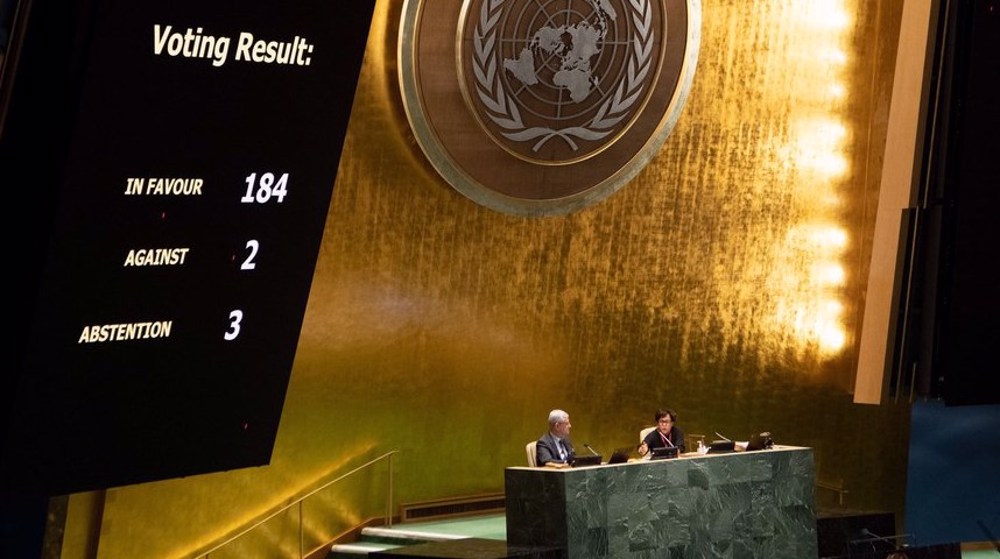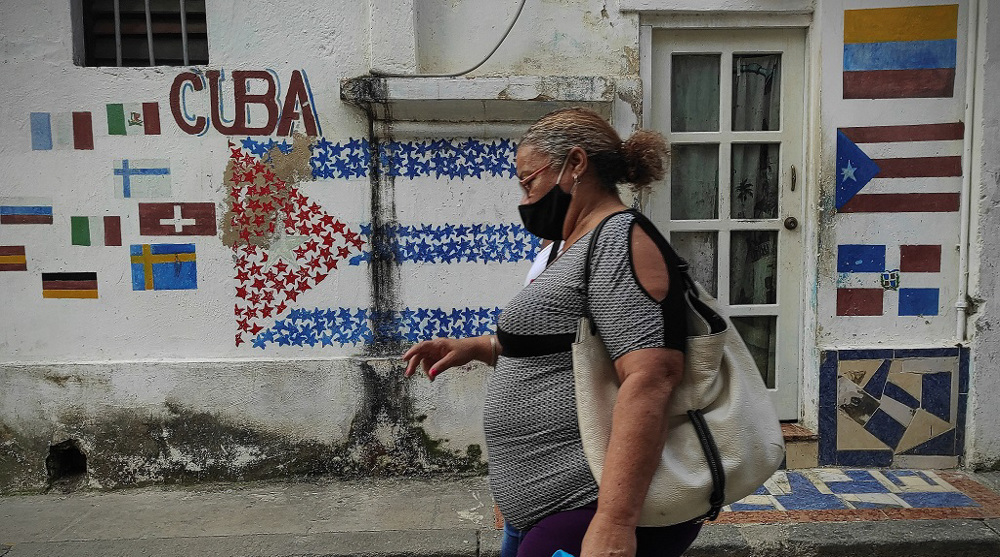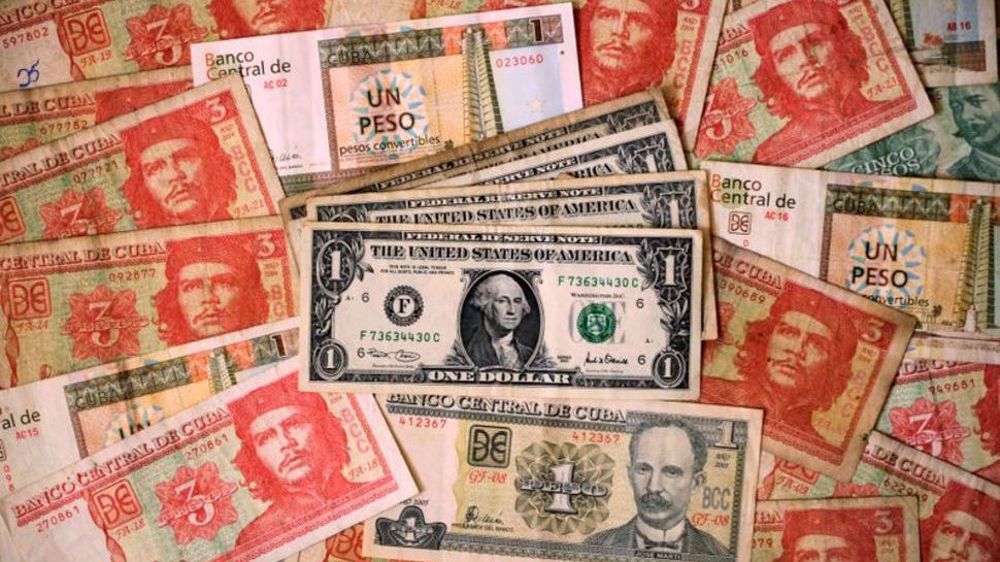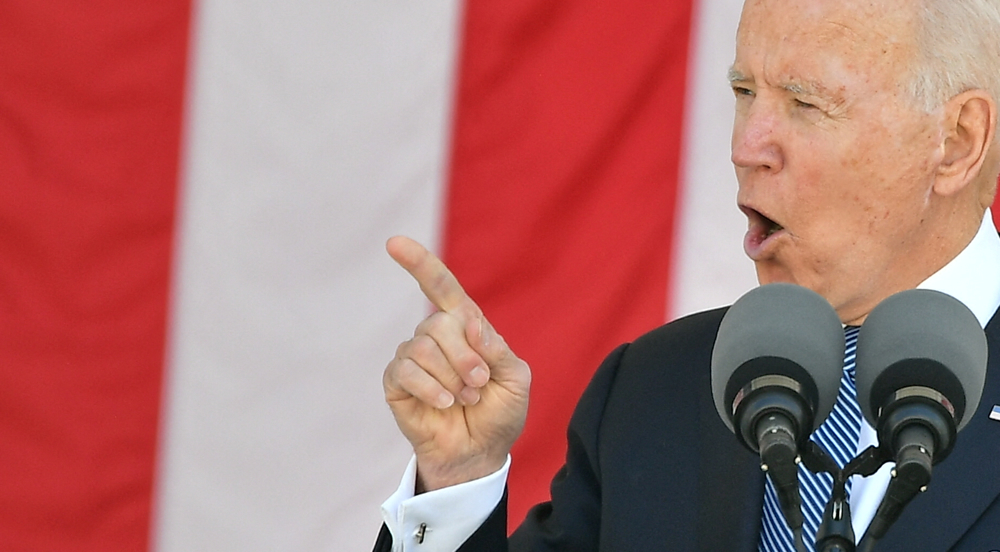US again votes ‘No’ to UN resolution condemning embargo on Cuba
The United States has voted against an annual United Nations General Assembly resolution that condemned the American economic embargo on Cuba, in place since 1992.
Voting on the resolution took place at the 193-member General Assembly on Wednesday, when 184 countries supported the condemnation, and only the United States and the Israeli regime opposed it. Three countries abstained, namely Colombia, Ukraine, and the United Arab Emirates; and four countries did not vote.
The General Assembly’s 75th Session began in September 2020, but because of the COVID-19 pandemic, the vote on the Cuba resolution was postponed.
Cuban Foreign Minister Bruno Rodriguez Parrilla, present during the vote in the General Assembly hall, said that the blockade was a “massive, flagrant and unacceptable violation of the human rights of the Cuban people.”
He said it was “an economic war of extraterritorial scope against a small country already affected in the recent period by the economic crisis derived from the pandemic.”
Rodriguez said the embargo had cost the Cuban economy around $147.8 billion in losses over nearly six decades, and about $9.1 billion calculated from April 2019.
The diplomat added that the sanctions had made it harder for his country to acquire the medical equipment needed to develop COVID-19 vaccines as well as equipment for food production.
US denounced at General Assembly
In the run-up to the vote on Wednesday, several other diplomats denounced the embargo as a cruel remnant of the Cold War causing a humanitarian and financial disaster.
Ambassador Vasily A. Nebenzia of Russia used the forum to criticize the American use of economic pressure, denouncing what he called “the sanctions war that Washington has unleashed.”
“We can call on the new administration of the United States to urgently re-look at its policies to Cuba… It is time for constructive dialog, not further isolation,” said South African Ambassador Mathu Joyini.
Representatives from other countries expressed similar views.
US: Sanctions are a tool
Rejecting the criticism before the vote, Rodney Hunter, the political coordinator at the United States Mission to the UN, told the assembly that the Biden administration voted “NO” because the United States believed sanctions are “one set of tools in Washington’s broader effort toward Cuba to advance democracy, promote respect for human rights, and help the Cuban people exercise fundamental freedoms.”
During the past 29 years, the United States has always voted “No” against the Cuba resolutions, except for July 2016, when former presidents Raul Castro and Barack Obama officially restored relations and the US abstained on the resolution for the first time.
But Obama’s successor, Donald Trump, reversed back to the usual track and even added more than 200 sanctions against the Cuban government, with the State Department designating the country a “state sponsor of terrorism” just days before the former president left office.
Asked in March about the new administration’s position toward the country, press secretary Jen Psaki said although it was carefully reviewing policy decisions made by their predecessors “a Cuba policy shift is not currently among President Biden’s top priorities.”
While the UN resolution passed with 184 votes versus two, the 50-year-old embargo can only be lifted by the US Congress.
Hamas thanks Iran, Resistance Front following achievement of ceasefire in Gaza
'Capitulation': Israeli officials and media concede Gaza defeat as truce unfolds
'Gaza has won': Social media users react to ceasefire with mix of relief, joy
Iran seeks South Korea’s assistance for AI, fiber-optic projects
VIDEO | Iran's 'Eqtedar' (Power) maneuver
Israel hits HTS military target in Syria for 1st time since fall of Assad
VIDEO | Press TV's news headlines
Israel has slaughtered 13,000 students in Gaza, West Bank















 This makes it easy to access the Press TV website
This makes it easy to access the Press TV website